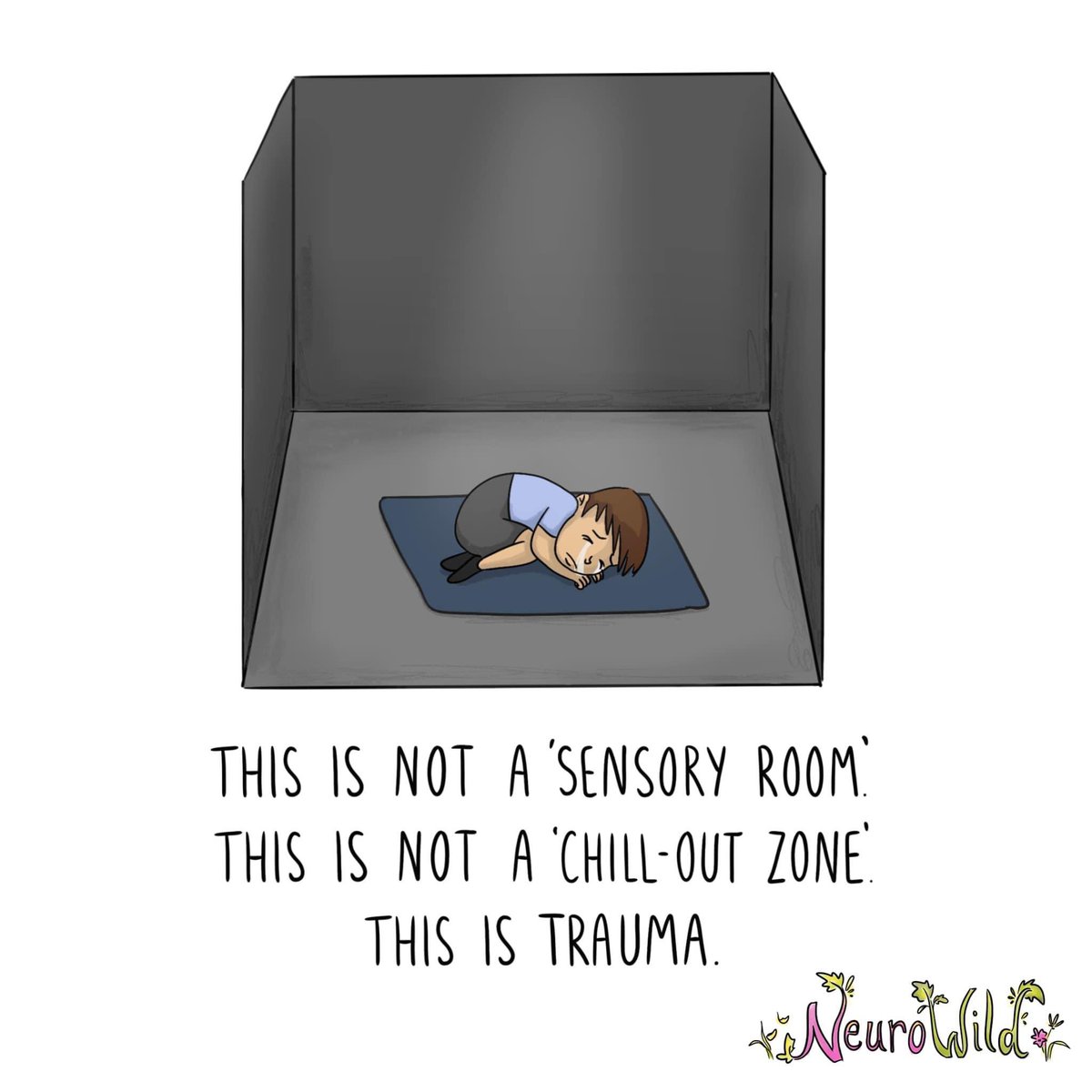
Another #parentview101 with suicide TW: “Reading about terrible comments and practices with children in school, reminded me of a meeting with the head of the exam board recently.” 1/
2/ “My YP has a chronic disease and finds it so hard to be in school due to poor health. I wanted reassurance that they could help put something in place to support them in their GCSES.”
3/ “The lady proudly told me that they'd had a young person commit suicide last year but they'd managed to go on his course work to give his family his predicted grades.”
4/ “How is that helpful, why didn't anyone seem to care that he'd done that, and I'm sure his family would have much rather him still be here.
I still can't comprehend that that story was supposed to make me worry less.
What goes through their minds..?”
I still can't comprehend that that story was supposed to make me worry less.
What goes through their minds..?”
5/ Square Peg is calling for compassion-focussed practice in all schools & systems around schools. By rooting trauma-informed training across all systems, we can turn these ships around. With TI awareness, these types of conversations simply won’t happen.
6/ But it’s more than that. Attainment is not more important than a person’s life. What do good grades matter if that YP has ended their life? Surely we value our YP for more than the results they posthumously produce?
7/ Social mobility in my area is measured on GCSE results. Sit with that for a while and understand the gravity of that pressure & consequences of that focus. Our kids are #morethanascore and we urgently need those in power to see that.
8/ Our kids are in deep distress and showing us daily. We can do better than this. We must do better than this. The legacy and burdens are incalculable.
@YoungMindsUK @MindCharity @AQA @Ofstednews @PearsonEdexcel @ChildrensComm @CYPMentalHealth @wearebey0nd @CommonsEd @SEC_Tweets @ncbtweets
• • •
Missing some Tweet in this thread? You can try to
force a refresh





